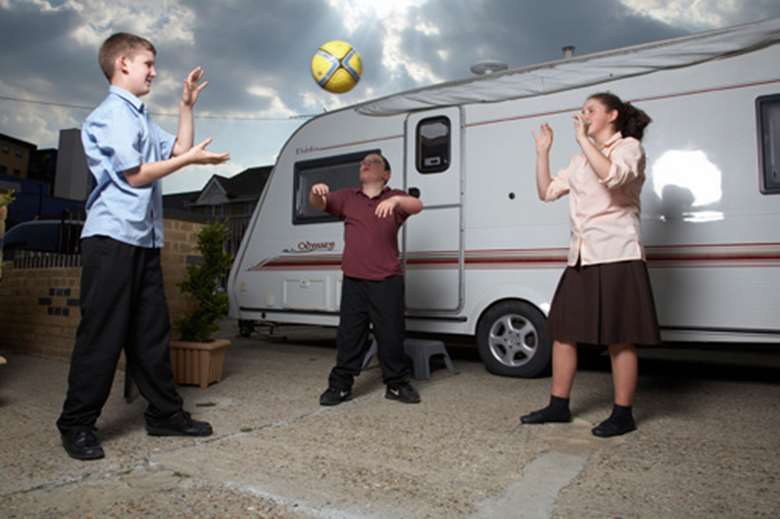Minister admits lack of progress for Traveller pupils
Gabriella Jozwiak
Wednesday, January 9, 2019
Government progress on supporting the educational needs of Gypsy, Roma and Traveller (GRT) children has remained "flat" over the past five years, the children's minister has admitted.

Speaking to a cross-party group of MPs, children's minister Nadhim Zahawi said he had to be "honest" about progress on attainment levels among the group, which are far below the national average.
"It terms of attainment progress, things have remained relatively flat,' said Zahawi. "There's a lot of work we need to do."
Addressing the Women and Equalities Committee, Zahawi quoted attainment results from 2016/17, showing that only 11 per cent of Gypsy, Roma and Traveller pupils achieved a grade C or above in English and Maths GCSE, and only 22 per cent among traveller or Irish heritage children.
This was in comparison to a national average of 64 per cent.
In the hearing, MPs questioned Zahawi and communities minister Lord Bourne about pilot schemes launched in 2012 that aimed to improve educational outcomes among this group, namely a project that saw virtual head teachers appointed for such pupils.
These followed the publication of 28 commitments for tackling inequalities faced by Gypsies and Travellers by a ministerial working group in the same year.
Both ministers were unable to confirm whether any of the pilots had subsequently been rolled out, with Bourne saying he was unable to comment on the schemes at all.
Zahawi responded that between 2012 and 2013 the government had funded two local authorities to trial the virtual head teacher, and subsequently disseminated effective practice to every local authority. But he was unable to say if any councils had seen any impact or even followed the advice.
Zahawi sought to reassure MPs that the DfE would improve outcomes for the group.
"If you look at our priorities in terms of closing the gap - the vocabulary gap, the education gap - the three vulnerable groups we are focused on, that the secretary of state has made clear is a laser-like focus - is special educational needs and disability children, looked-after children, and GRT," he said.
He suggested the way to make improvements was to learn from examples of good schools and local areas.
Zahawi also said he was working to improve data collection through the education system, to understand the subgroups' individual needs and risks in terms of child protection, as well as patchy attendance records.
"That is challenging," he said. "The really good schools in this area are working with the community to say - if the whole community travels at different times, we're going to struggle. If we work together, then the school can manage better."
Health visitors were suggested as another way of improving engagement with families by health and social care minister Jackie Doyle-Price, who was also giving evidence.
"I'm very interested in some of the work done within local communities with health visitors, who I think are a really effective way of engaging with these communities because its less formal, less threatening and it's a much more close relationship with which we can start giving messages to these communities and families with them," said Doyle-Price.
The meeting was part of an inquiry on tackling inequalities faced by Gypsy, Roma and Traveller communities.




